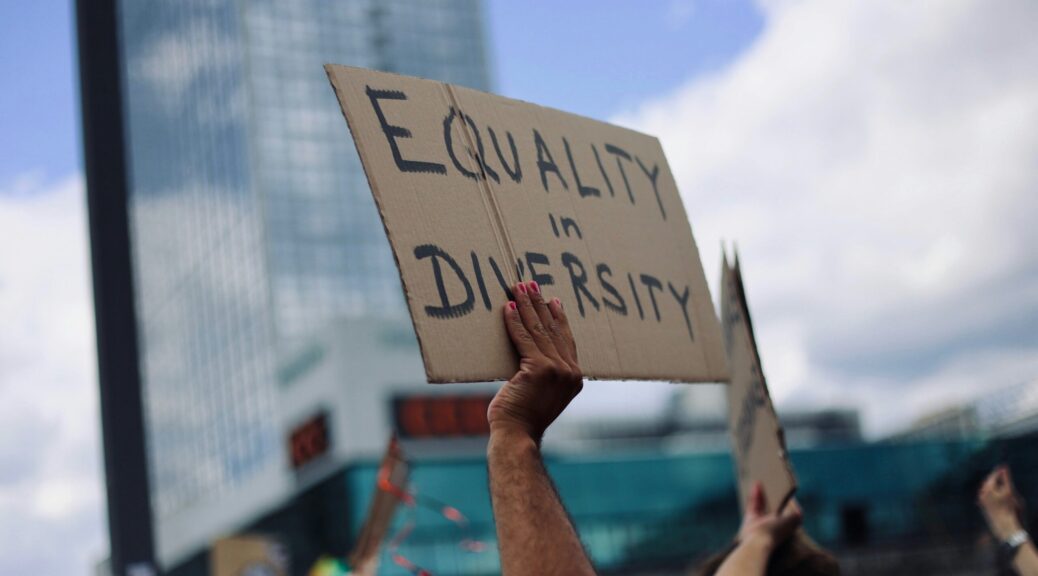The Jewish New Year is upon us, but may not feel like new, with vaccines being banned and Trump destroying democracy, making Americans hungrier, dumber, sicker, less safe, and more prone to natural disasters. He’s facing more days in court, alas with a Get Out of Jail Free card form the Supreme Court, which has absented itself from the Constitution. The book of Proverbs says, “To do righteousness and justice is preferred by God above sacrifice” (Proverbs 21:3). The psalmist exhorts: “Give justice to the weak and the fatherless; maintain the right of the afflicted and the destitute” (Psalms 82:3).
Fall is the beginning of the Jewish High Holy day of Rosh Hashanah. It means “the head of the year.” Some say it’s the birthday of the universe, the day God created Eve and Adam.




